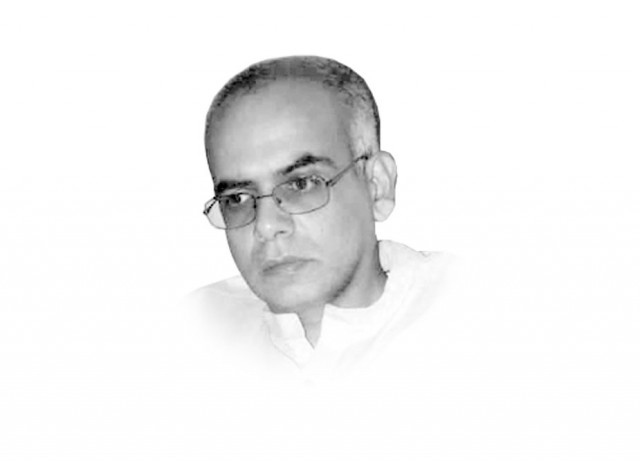UAE as an international donor
The UAE is already ranked among the world’s top 20 donors.

The writer is a post-doctoral fellow at McGill University
While Gulf countries, like Saudi Arabia, have been providing financial aid to other Muslims countries, it is the UAE which is poised to become a donor of international stature. The UAE is already ranked among the world’s top 20 donors. It has become the first Gulf state to set up a Ministry of International Cooperation and Development (MICAD) this past year. The UAE is also aiming to allocate 0.7 per cent of its gross national income to official development assistance, an international aid target which even other prominent developed countries do not yet comply with.
In the recent past, the UAE has provided sizeable aid to West Asia (the Middle East, Armenia, Azerbaijan and Georgia) and South Asia. Palestinian territories, Afghanistan and Pakistan receive the largest amount of aid from the UAE, with the exception of Jordan, where aid has primarily been used to support Syrian refugees. The UAE also provides free office space to UN agencies and NGOs and it has a UN humanitarian response depot, which stores relief stocks to meet international disaster needs.
Unlike other government aid entities –– such as the UK’s Department for International Development or the US Agency for International Development –– the UAE’s MICAD is not a direct implementer. Instead, more than 40 private and government-run UAE entities implement overseas assistance. The UAE also provides aid directly to governments of developing countries and to their various foundations and NGOs.
While the UAE’s influence as a donor is growing, the country is yet to define exactly what kind of a donor it wants to be. A common criticism of new donors like the UAE is that their aid policies are opaque and lack transparency. To address such concerns, the UAE has begun publishing annual aid reports, but these reports are still too focused on aid inputs provided by the UAE rather than on outcomes achieved.
Much of the current UAE aid emphasis is on standard development goals such as financing road, transport and water infrastructure projects. Multilateral development agencies (such as the UN or the Asian Development Bank) and international NGOs seem keen that the UAE should fund more of their programmes. In 2012, over 12 per cent of UAE aid was directed multilaterally (up from the five per cent in 2011). However, the UAE, like other Gulf donors, is growing wary of being treated like a cash machine by multilateral agencies. The UAE and other new donors have as much a right as other donor agencies to support implementation of their own development priorities, especially if they offer alternatives to market-based development schemes which Western aid agencies are so enamoured with.
The UAE government must also ensure that its aid is not used for provision of religious education, which breeds religious intolerance or sectarianism. It should also share information with the UN and other multilateral donors to avoid duplication of aid efforts.
Published in The Express Tribune, March 15th, 2014.
Like Opinion & Editorial on Facebook, follow @ETOpEd on Twitter to receive all updates on all our daily pieces.














COMMENTS
Comments are moderated and generally will be posted if they are on-topic and not abusive.
For more information, please see our Comments FAQ